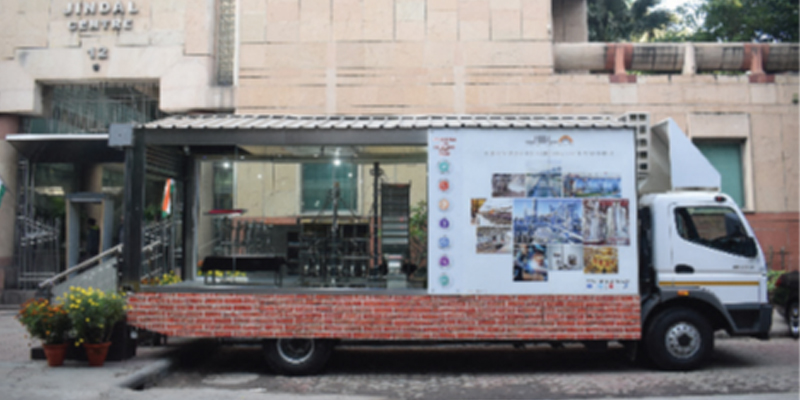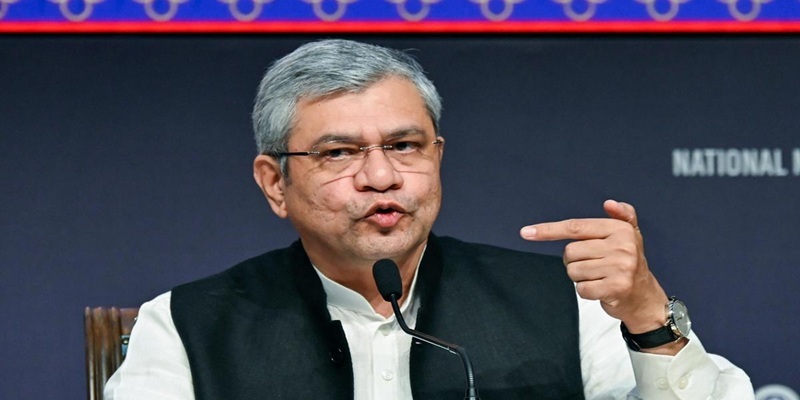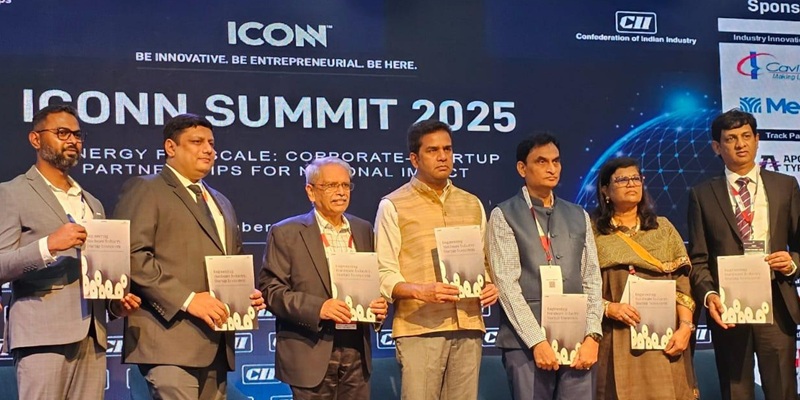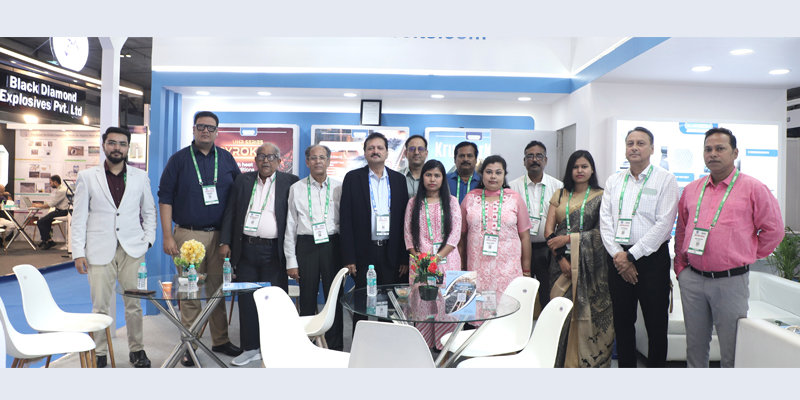Schedule a Call Back
SC decrees banks must follow procedure before classifying MSME loans as NPAs
 Industry News
Industry News- Aug 08,24

Related Stories

Jindal Stainless to Train and Upskill 0.5 Mn MSMEs through Stainless Academy
Jindal Stainless is building a future-ready stainless steel workforce through its Stainless Academy, empowering students, professionals, and MSMEs with skills that strengthen India’s industrial ec..
Read more
Electronics Sector Targets USD 500 Bn Output by 2030
India’s electronics industry expects strong growth driven by FTAs and incentives.
Read more
Government Clears 17 Electronics Projects Worth Rs 71.72 Bn
Seventeen electronics component projects have recently been approved in India.
Read more















